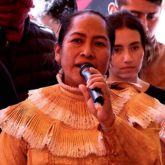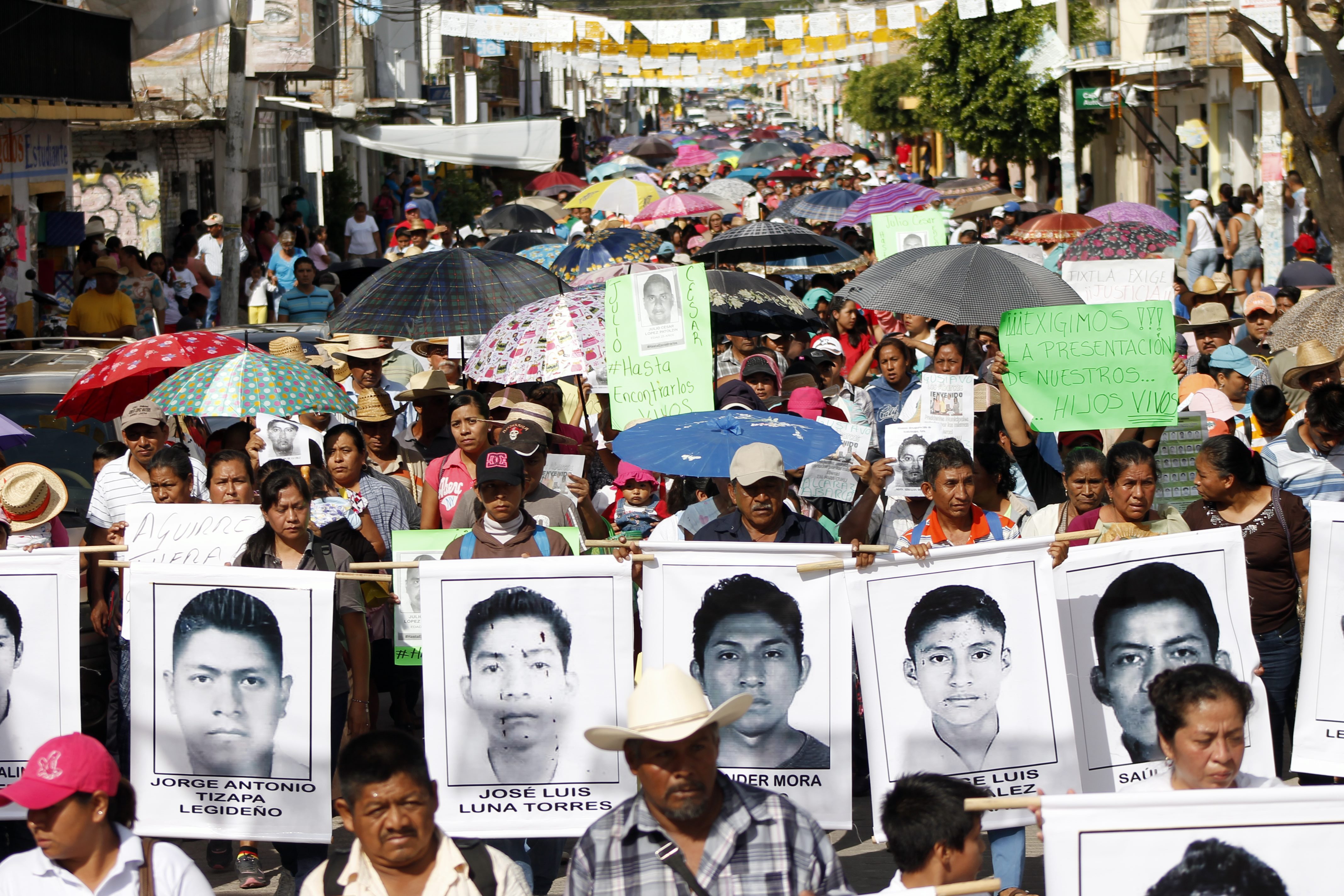
Estela Hernández Jiménez
Estela Hernández Jiménez is a hñöhñö (Otomí) indigenous peoples rights woman defender, a teacher of native indigenous education, Dr. in pedagogy and one of the most brilliant indigenous intellectuals of contemporary Mexico. She is a member of the Autonomous Council of Santiago Mexquititlán and the National Indigenous Congress (CNI). She fought for the freedom and reparation of her mother Jacinta Francisco Marcial, who was arbitrarily detained on August 3, 2006 and accused of kidnapping six agents of the now defunct Mexican Federal Investigation Agency. Estela Hernández Jiménez rejected the ex president's Enrique Peña Nieto's educational reform and has denounced the attempted dispossession of the territory of the Hñöhñö Ceremonial Center of Santiago Mexquititlán. She continues to protect and fight against the privatization of water and to protect the drinking water well of Santiago Mexquititlán.

